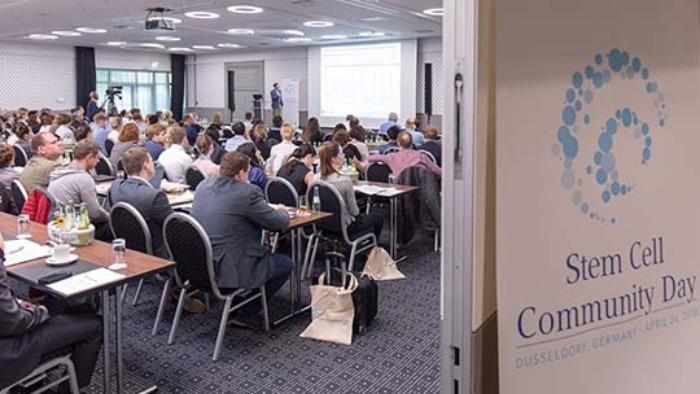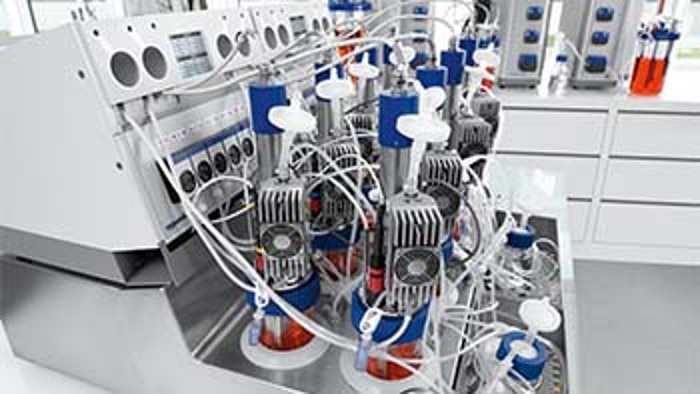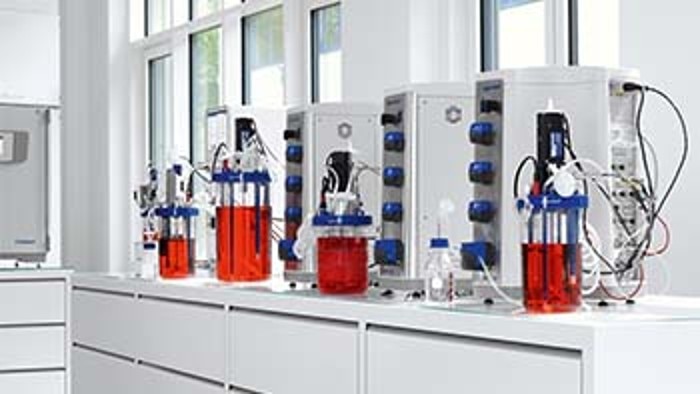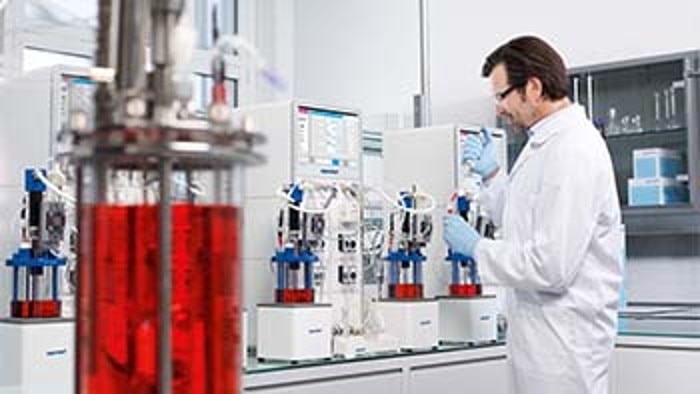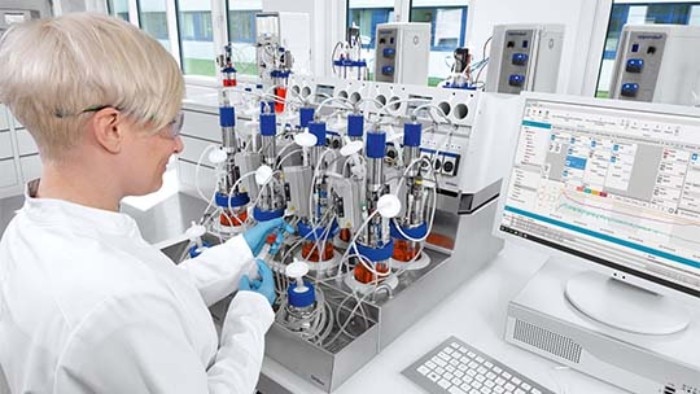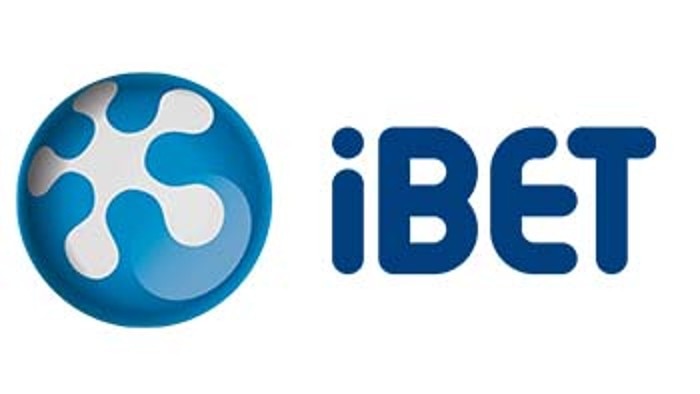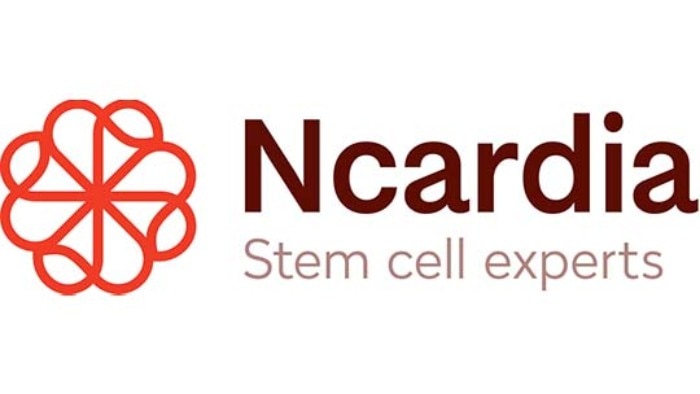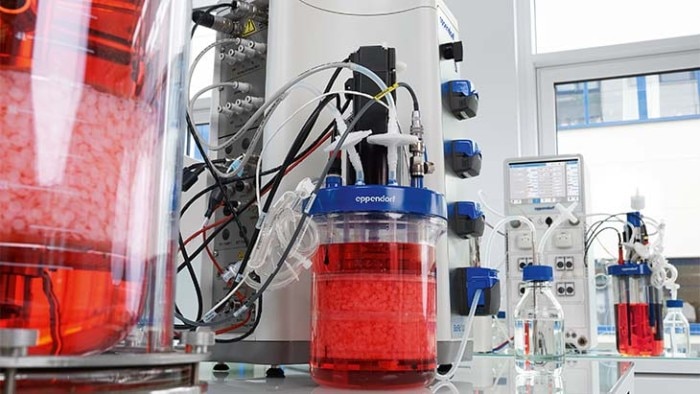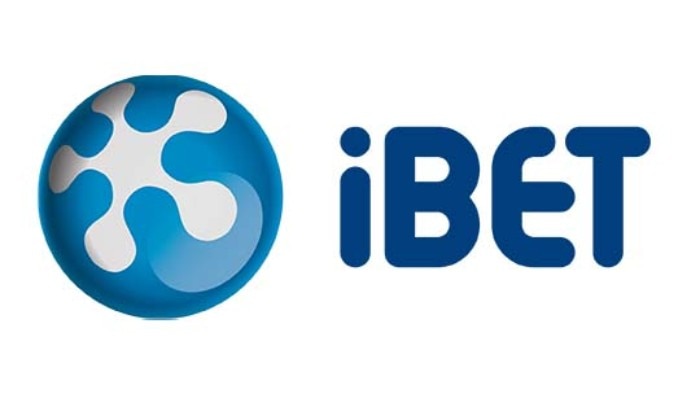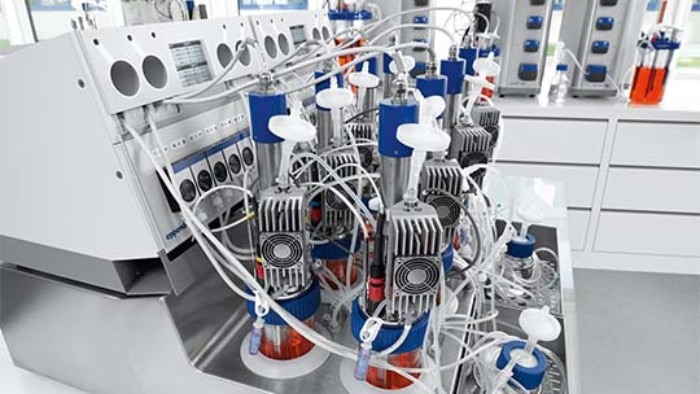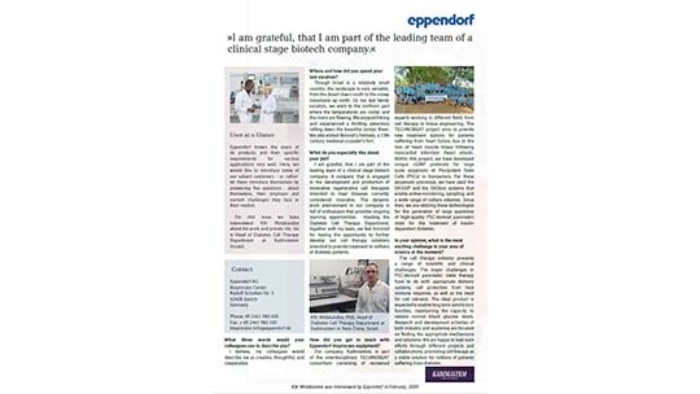MENU
AR | ARS
-
-
-
-
- Forum Labo 2025
- Advanced Therapies Week (ATW) 2025
- SLAS Europe 2025
- Bioprocessing Summit Europe 2025
- Medlab Middle East 2025
- SLAS International 2025
- Biologics World Nordics 2025
- ASIA LABEX: The Lab Show 2025
- BioProcess International Europe 2025
- ISEV 2025
- Future Labs Live 2025
- Cell 2025
- ASIA LABEX: The Lab Show 2025
-
-
-
-
- Forum Labo 2025
- Advanced Therapies Week (ATW) 2025
- SLAS Europe 2025
- Bioprocessing Summit Europe 2025
- Medlab Middle East 2025
- SLAS International 2025
- Biologics World Nordics 2025
- ASIA LABEX: The Lab Show 2025
- BioProcess International Europe 2025
- ISEV 2025
- Future Labs Live 2025
- Cell 2025
- ASIA LABEX: The Lab Show 2025
AR | ARS
-
- All Pipettes, Dispensers & Automated Liquid Handlers
- Mechanical Pipettes
- Electronic Pipettes
- Multi-Channel Pipettes
- Positive Displacement Pipettes & Dispensers
- Automated Pipetting
- Bottle-Top Dispensers
- Pipette Controllers
- Pipette Tips
- Automation Consumables
- Dispenser & Pipette Accessories
- Automation Accessories
- Dispenser & Pipette Services
You are about to leave this site.
Please be aware that your current cart is not saved yet and cannot be restored on the new site nor when you come back. If you want to save your cart please login in into your account.
No results found
Search Suggestions
Cell and Gene Therapy Development
From a scientific concept to the development of novel therapies
At Eppendorf, our aim is to empower bioprocess experts in cell and gene therapy development to facilitate the translation of basic research into commercially viable applications. Leveraging decades of experience in upstream bioprocessing, and more than ten years of experience in bioreactor-based stem cell culture, we strive to advance cell cultivation, focusing on scalability, reproducibility, quality, time-to-market and cost-effectiveness.
Your expertise drives us, your challenges inspire us. Let's collaborate to find solutions that work for you.
Your expertise drives us, your challenges inspire us. Let's collaborate to find solutions that work for you.
Read more
Read less
Supporting you in your pursuit of excellence in CGT
Standardize and scale up your cell culture
Stirred-tank bioreactors facilitate efficient cell expansion when the production of large quantities of cells in conventional 2D culture becomes too time-consuming and quality varies. Our solutions help you scale your process from flasks or bags to bioreactors and exploit the benefits offered by bioreactors in terms of scalability and process standardization.
Read more
Read less
Shorten time to market
Accelerate your time to market by leveraging all available data to identify critical process parameters for reproducible success. Discover how our digitalization and automation solutions can streamline routine tasks and expedite bioprocess development.
Read more
Read less
Transition from R&D to manufacturing
Maintain consistency and quality as you scale up. Our scalable bioprocess solutions help you seamlessly translate your R&D successes into manufacturing. Our solution package of bioprocess controllers, bioreactors, bioprocess SCADA software, and services support the compliance of your bioprocesses with GMP requirements in clinical and commercial manufacturing.
Read more
Read less
Be in control
When developing cell and gene therapies you need equipment that is reliably up and running. Support of compliance and professional documentation are critical in reducing the risks and time needed for audits. Find out how our service offerings help you being always in control.
Read more
Read less
Join the stem cell community
The years have taught us that the real expert is you. This is why we organize the Stem Cell Community Day (SCCD) since 2017. It connects researchers from academia and industry across the world to discuss recent advances and new technologies in the field of stem cell production with a special focus on cultivation in stirred-tank bioreactors.
Let’s talk innovation, let’s talk progress!
Let’s talk innovation, let’s talk progress!
Read more
Read less
